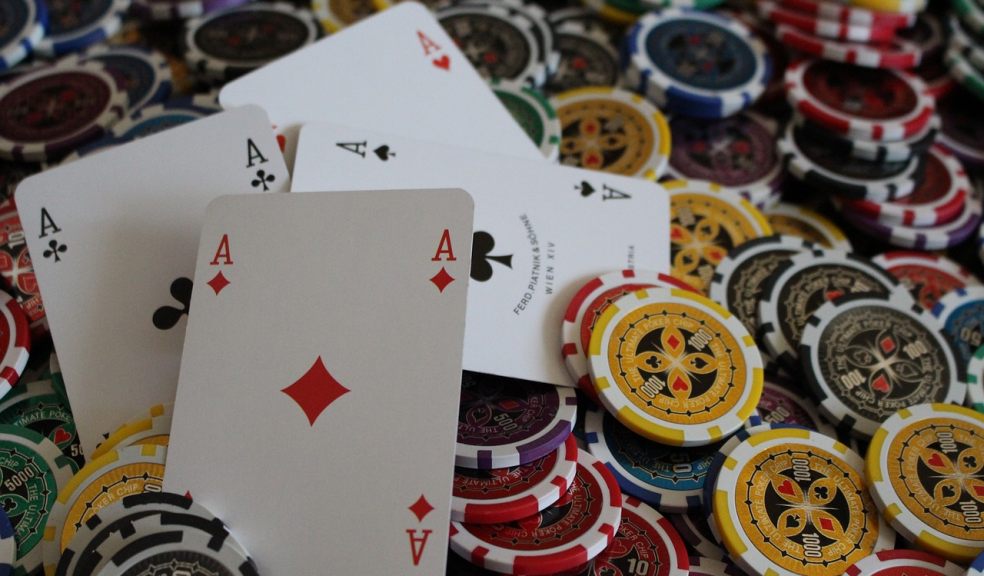
Do online casinos cheat?
Everyone hustles and cheats. Matter of fact. Whether it is a lovely lady from a grocery store nearby, trying to swindle some extra cash out of your pocket or an employer cutting down on salaries on the pretext of financial hardships. And now imagine a ruthless engine of online casinos where money revolves in an unprecedented tempo – how could we possibly believe this machine if even the grocery damsel could be prone to deceive? This is actually a big question every gamblers asks themselves before entering any virtual gaming venue as software is just a bunch of code which might be easily altered in favour of casinos while players do not have a tiny bit of access to this ‘behind the scenes’ part. So a major concern for fairness arises.
In case you are not a person of taking chances, there is nothing better for you than free slot games for fun only. As long as one invests zero, one loses zero – fair enough. But since gambling draws much attention mainly due to money making opportunities, most of us pursue these certain investments, and thus wonder if it is worth a try. A quick answer to that would be something like ‘it depends’. A while ago online casinos were relatively loose in terms of regulation which is not completely the case now, but it does not mean sneaky operators cannot find detours. So let’s face the reality and find out the truth about cheating at more profound levels than it-feels-like ones.
Generating Randomness
Common accusation: each game (a slot machine or a poker table) is set up in such a way that players would never be able to win while casinos are really able to take big-time advantage and leverage odds.
Reality check: games are usually scrutinized which makes it totally impossible for an operator to pull stunts like shifting percentages to favour the house.
When a freshly-baked casino rookie sings up and takes a few rounds at some fruit machine with discouraging results, the only conclusion they may come up with sounds as follows: how dare they shift odds? Well, in fact, you should not express your excessive disdain right away because casinos are far more intricate mechanisms, and lose streaks are not banging indications of sheer scam. The reason behind this lies in Random Number Generators which serve to stipulate overall fairness.
Literacy class: time to nail the primitive math of gambling. RNG represents a high-class program that produces various random results through primitive mathematical operations like subtraction or division. These generators are usually referred to as ‘pseudo’ because they need no external input to spit out an output. The general idea of how RNGs work goes like this:
Take, for instance, a classic fruit machine with three reels and 10-symbol paytable. Then assign some value to each icon and transfer them to the RNG. Then the latter would count a value of 1-10 for each reel and show the results on the grid which you see as a final combination of symbols.
And now the gist. Licensed gambling organizations have to get audited by third-party agencies whose aim is to provide fairness within randomizers they utilize. Moreover, casinos undergo immense scrutiny conducted by government authorities who ensure fair gaming conditions and compliance with standards. Reports on RNGs are published monthly, these records are carefully examined, so casinos with good reputation simply have no faintest chance at cheating.
Documented Frauds
Over-believers: randomizers are so immaculate and impregnable that no casino on earth could hack this elaborate ecosystem and then meddle with audit reports.
Pragmatic perspective: nothing is perfect – RNGs themselves may be a formidable force for fairness, yet casinos could be in cahoots with testing agencies, so house edges still remain questionable.
If random generators seem so flawless and protected by auditors, why do we even care about fairness in the long run? Well, nothing is what it seems, to be honest. While truly respectable venues value reputation over anything else, there are still a number of casinos with money on their minds who are ready to collaborate with shady agencies to earn a few dishonest pennies.
Let us bring you back to 2008 and a peculiar story of Norman Clem, who had enough money and enthusiasm to test the system. The man was a craps player at World Wide Wagering, and one day he noticed that there was something wrong with his wins/losses ratio, so he decided to track passes and see what was actually going on with the percentages. Surprisingly, after 3200 recorded passes the results were sorrowful – instead of claimed 47% of return, Norman won only 856 times, i.e. 27%. Well, 20% was off from the standard deviation, and that case in particular caused a fleet of case studies into online gambling by both players and authorities.
You Are Blacklisted
Of course, WWW had to dodge the traces and clean the face, but the Net really forgets nothing. One must admit that Norman’s revelation was quite a rare occasion, but still it sharply demonstrated that anyone in the industry could be a potential swindler. So nowadays it has become a common practice to make blacklists of untrustworthy organizations that proved to follow unsportsmanlike conduct. In other words, even if there exists a covert rouge, other players as well as reviewing portals have probably already spotted gambling liars and exposed them to big audience.
Take-Home Message
But what if we told you that casino cheaters actually could be easily spotted without tons of written reviews and long inside expeditions? Indeed, there is hardly anything difficult in at least seeing a suspicious venues which raises eyebrows and questions like ‘what?’. Take these three tips with you on your next casino vacation:
- Stick to big iGaming players. Minor casino operators may have more lucrative incentives and bigger gaming libraries, but this is not what you should pay attention to firstly. Do not be greedy when it comes to gambling as reputable casinos do not usually have tasty offers, but they surely have safety and fairness means considered.
- Trace your wins and losses. Trust no one, as the old saying goes. Choosing a reputable venue is everything, yet it is not enough to be 100% sure of transparency. Count outcomes and percentages to get a full picture on returns. If they fall behind expected figures, find a better place.
- Always read reviews. Learn from the mistakes of others – a deceived person would rarely miss an opportunity to unleash their rage online. Reviewing portals are great because of comment sections where you can get acquainted with real experiences.




















